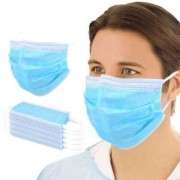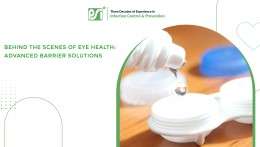One of the best Surgical Disposables company. I am dealing with them for the past 5 years,
their products are world-class. Their approach to trade is professional. All the best wishes to
them.
Navigating the N95 Mask Landscape: Quality Standards, Innovations, and Global Trends
- By: Plasti Surge Industries
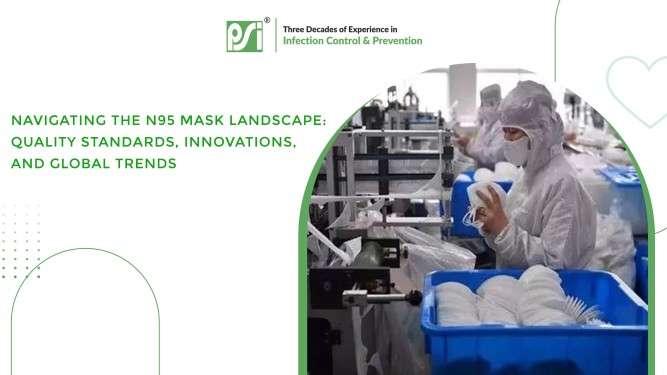
In the ever-evolving landscape of respiratory protection, understanding Global Market Trends for N95 Masks is paramount. As the world grapples with ongoing health challenges, the demand for high-quality N95 masks has surged, prompting an exploration of the dynamic interplay between quality standards, groundbreaking innovations, and worldwide adoption patterns. This blog aims to dissect the intricate web of factors shaping the N95 mask market, delving into the rigorous quality standards governing their production, the latest innovations enhancing their efficacy, and the global trends influencing their widespread use. Join us on this journey through the intricacies of the N95 mask landscape, where health meets innovation on a global scale.
Quality Standards Overview
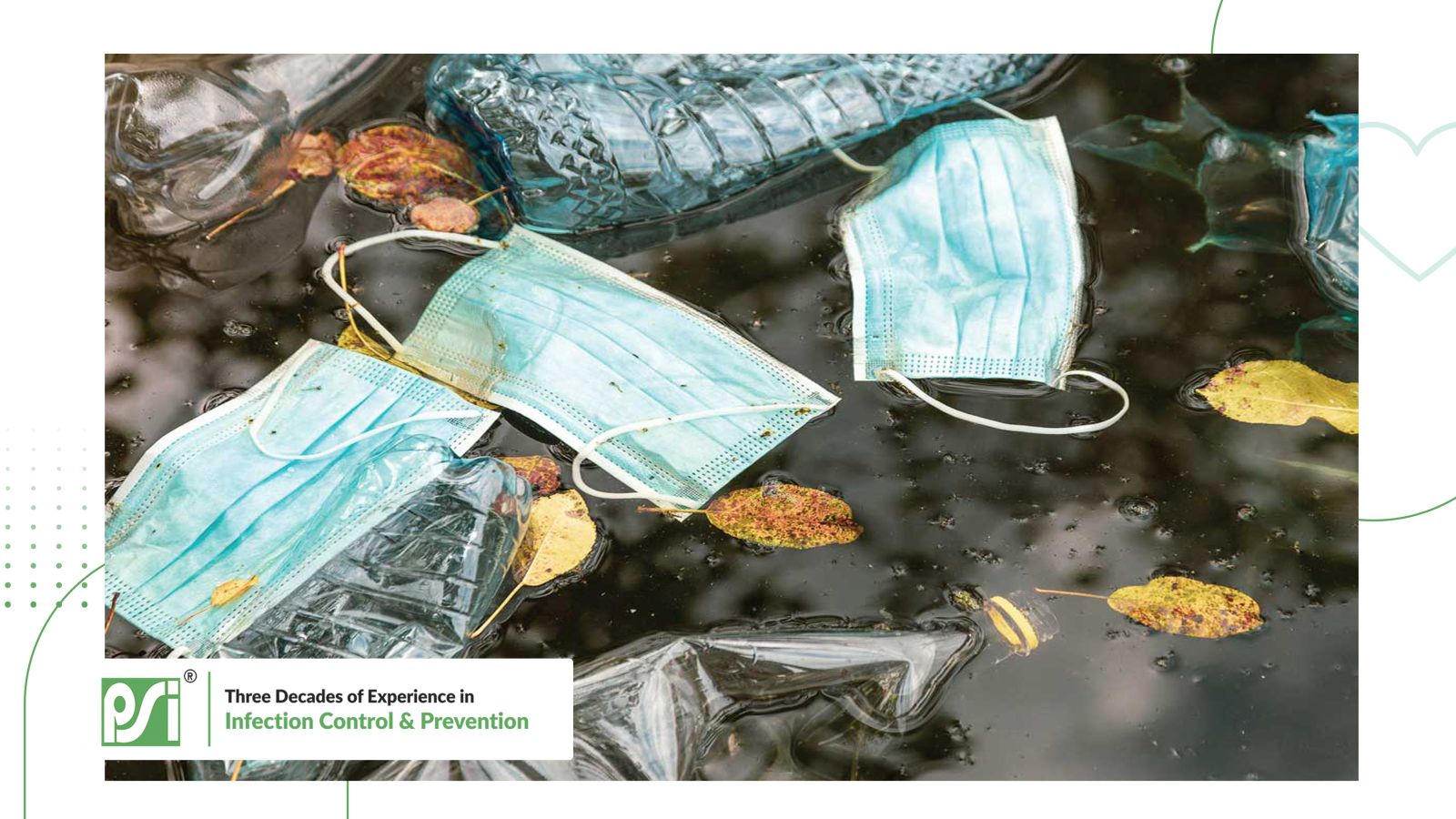 Quality Standards for N95 Masks, epitomized by certifications like NIOSH in the United States, stand as the bedrock of mask efficacy and protection. NIOSH, the National Institute for Occupational Safety and Health, meticulously evaluates masks to ensure they meet stringent criteria for filtration efficiency, fit, and breathability. These standards act as a shield, guaranteeing that N95 masks provide optimal respiratory protection in various environments. The significance of such certifications lies in their role as a gold standard, assuring both healthcare professionals and the public that the masks they wear adhere to rigorous benchmarks, reinforcing confidence in their ability to safeguard against airborne contaminants.
Quality Standards for N95 Masks, epitomized by certifications like NIOSH in the United States, stand as the bedrock of mask efficacy and protection. NIOSH, the National Institute for Occupational Safety and Health, meticulously evaluates masks to ensure they meet stringent criteria for filtration efficiency, fit, and breathability. These standards act as a shield, guaranteeing that N95 masks provide optimal respiratory protection in various environments. The significance of such certifications lies in their role as a gold standard, assuring both healthcare professionals and the public that the masks they wear adhere to rigorous benchmarks, reinforcing confidence in their ability to safeguard against airborne contaminants.
Innovations in N95 Mask Technology
- Filtration Materials:
N95 mask manufacturers have embraced the use of advanced electrostatically charged materials to enhance filtration efficiency significantly.
The incorporation of nanofiber layers in the filtration system represents a cutting-edge approach to improve particle capture without compromising breathability.
Antimicrobial coatings on filtration materials have become a standard innovation among N95 mask manufacturers, aiming to inhibit pathogen growth and enhance overall hygiene.
- Ergonomic Designs:
N95 mask manufacturers are focusing on contoured shapes that conform to facial contours, ensuring a secure fit by minimizing gaps around the edges.
Adjustable straps and nose bridges have become standard features, allowing users to customize the fit for various face shapes and sizes.
The adoption of low-profile designs addresses user concerns by reducing interference with eyewear, improving overall visibility, and promoting ease of movement.
- Comfort and Wearability:
N95 mask manufacturers are incorporating moisture-wicking materials into mask designs to address discomfort associated with prolonged use.
Ventilation channels are a notable innovation, enhancing airflow within the mask, reducing heat buildup, and improving breathability during extended wear.
Utilization of lightweight materials is a key trend, ensuring that the latest N95 masks provide optimal protection without causing undue discomfort, contributing to an enhanced user experience.
Global Trends in N95 Mask Adoption
Global Market Trends for N95 Masks reveal a notable surge in adoption, particularly during public health crises. The ongoing global battle against infectious diseases has propelled an unprecedented demand for these respirators. Countries worldwide are embracing N95 masks as a pivotal component of their public health strategies. Governments, healthcare institutions, and the public alike are recognizing the crucial role of N95 masks in curbing the spread of respiratory infections. This heightened awareness and the need for personal protective equipment have established a clear upward trajectory in the global adoption of N95 masks, solidifying their status as indispensable safeguards in times of health emergencies.
|
COUNTRY |
RESPONSE TO RESPIRATORY PROTECTION |
FACTORS INFLUENCING N95 MASK USE |
|
United States |
Rigorous regulatory measures, widespread use in healthcare settings. |
Stringent guidelines from organizations like CDC. Public awareness campaigns. High infection rates drive adoption. |
|
China |
Mass production, mandatory use in crowded places, extensive public education. |
Experience with previous outbreaks, government initiatives, air pollution concerns, cultural acceptance of mask-wearing. |
|
European Union |
Emphasis on mask mandates, varying regulations across member states. |
Public health policies, adherence to WHO guidelines, response to emerging variants. |
|
Japan |
Long-standing cultural practice of mask-wearing, public compliance, government endorsement. |
Seasonal flu prevention, cultural norm, consideration for others, technological innovations in mask design. |
|
India |
Rising use in healthcare, increasing public awareness, and adoption in densely populated areas. |
Growing awareness due to pandemic, urbanization, air quality concerns, regulatory efforts. |
|
Brazil |
Varied adoption rates, influenced by local policies and individual choices. |
Political factors, public perception, healthcare infrastructure, socioeconomic disparities. |
|
South Korea |
Swift government response, widespread use in public spaces, robust testing infrastructure. |
Past experiences with infectious diseases, government transparency, technological advancements. |
|
Australia |
Strong emphasis on mask use during outbreaks, varying state-level regulations. |
Government recommendations, public health messaging, regional outbreaks influencing public perception. |
These responses and influencing factors illustrate the diverse strategies and considerations that different countries employ in addressing the need for respiratory protection, especially in the context of the widespread use of N95 masks during various phases of public health crises.
Challenges in N95 Mask Supply Chain
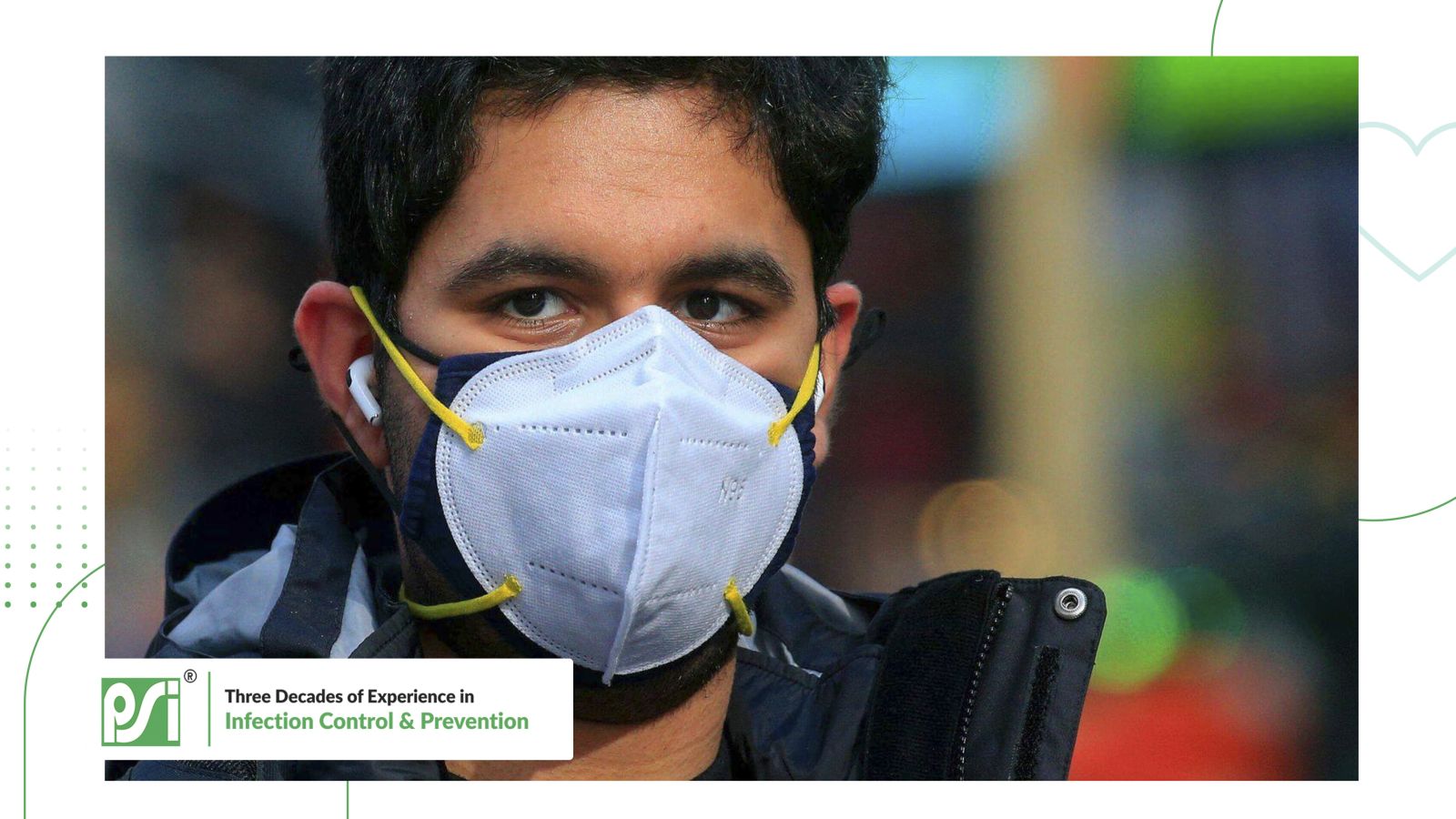 N95 mask manufacturers face significant challenges in meeting soaring demand, particularly during public health crises. The strain on production and distribution arises from sudden spikes in demand, raw material shortages, and stringent quality control requirements. Global events, such as pandemics, disrupt supply chains, exacerbating these challenges. The COVID-19 pandemic, for instance, led to unprecedented demand, causing shortages and delays. N95 mask manufacturers have responded by ramping up production capacities, streamlining supply chains, and diversifying sourcing to mitigate raw material shortages. Continuous innovation in manufacturing processes and materials has played a vital role. Manufacturers have adopted automation, optimized production lines, and explored sustainable materials, ensuring resilience in the face of demand surges and global disruptions. Despite these efforts, balancing supply and demand remains a delicate dance for N95 mask manufacturers navigating the intricate landscape of public health emergencies and supply chain complexities.
N95 mask manufacturers face significant challenges in meeting soaring demand, particularly during public health crises. The strain on production and distribution arises from sudden spikes in demand, raw material shortages, and stringent quality control requirements. Global events, such as pandemics, disrupt supply chains, exacerbating these challenges. The COVID-19 pandemic, for instance, led to unprecedented demand, causing shortages and delays. N95 mask manufacturers have responded by ramping up production capacities, streamlining supply chains, and diversifying sourcing to mitigate raw material shortages. Continuous innovation in manufacturing processes and materials has played a vital role. Manufacturers have adopted automation, optimized production lines, and explored sustainable materials, ensuring resilience in the face of demand surges and global disruptions. Despite these efforts, balancing supply and demand remains a delicate dance for N95 mask manufacturers navigating the intricate landscape of public health emergencies and supply chain complexities.
Environmental Considerations
The environmental impact of N95 mask usage encompasses both disposal challenges and the ecological footprint of production. Disposal of used masks poses a concern due to the potential for improper disposal, leading to pollution. Additionally, the production of N95 masks contributes to carbon emissions and resource consumption. To address these concerns, the latest innovations in N95 mask technology focus on sustainable alternatives. Some manufacturers are exploring recyclable materials and biodegradable options to reduce the environmental impact. Moreover, the industry is witnessing a shift towards reusable N95 masks, minimizing waste generation. Global market trends for N95 masks reflect a growing awareness of environmental sustainability, prompting initiatives for eco-friendly practices. Collaborations between manufacturers, governments, and environmental organizations are fostering the development and promotion of greener alternatives, signaling a positive shift towards more sustainable respiratory protection solutions.
Public Awareness and Education
- Public Awareness Initiatives:
Health authorities globally stress the importance of public awareness in adhering to Quality Standards for N95 Masks.
N95 mask manufacturers collaborate with health organizations to disseminate guidelines for proper mask usage through educational campaigns.
- Correct Fitting and Usage:
Health authorities emphasize the significance of correct mask fitting to ensure an airtight seal, preventing the entry of airborne particles.
N95 mask manufacturers incorporate user-friendly guides on correct fitting and usage within product packaging and online platforms.
- Role in Disease Prevention:
Public education campaigns underscore the pivotal role of N95 masks in preventing the spread of respiratory diseases, particularly during pandemics.
Health organizations highlight the effectiveness of N95 masks in protecting both wearers and those around them, fostering a collective sense of responsibility.
- Disposal Guidelines:
Health authorities provide clear instructions on the safe disposal of N95 masks, preventing environmental contamination.
N95 mask manufacturers contribute to awareness by including disposal guidelines in product information, and promoting responsible waste management practices.
- Online Resources and Workshops:
Health organizations and N95 mask manufacturers conduct online workshops and provide informative resources to educate the public on mask hygiene.
Webinars and tutorials address common misconceptions, promoting a comprehensive understanding of the role and proper use of N95 masks in disease prevention.
Conclusion: Future Outlook
Looking ahead, the N95 mask landscape is poised for dynamic evolution, driven by ongoing research and emerging technologies that redefine respiratory protection. The focus on sustainable materials and recyclability continues, aligning with Quality Standards for N95 Masks. Innovative advancements, such as those found at https://www.psidispo.com/, exemplify the industry's commitment to excellence. Ongoing research explores enhanced filtration, antimicrobial features, and ergonomic designs. The integration of smart technologies and data-driven insights into mask performance is a potential game-changer. As the global community faces ever-evolving health challenges, the N95 mask's role as a frontline defense adapts. Continuous improvements in design, materials, and production techniques will not only ensure compliance with stringent standards but also fortify the mask's efficacy in safeguarding public health. Stay informed about the latest innovations shaping the future of respiratory protection at https://www.psidispo.com/ and embrace a healthier tomorrow.
Explore the Future of Respiratory Protection at PSIDispo for the latest innovations in N95 mask technology. Stay ahead in safeguarding health!
One of the best companies to partner with. Very responsive and best product quality.
Good experience and corporation for many years. Timely services are provided.
We have been associated with PSI since more than 20 years now. They have superior products, prompt service & courteous people. Using PSI’s products in turn makes our customer happy and helps us to do more business. Overall truly delighted with their customer service.

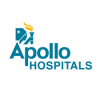


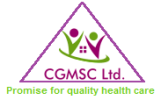
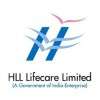
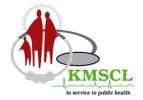


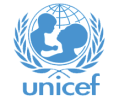
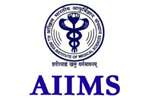
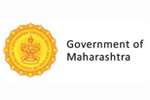
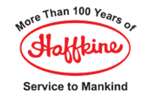
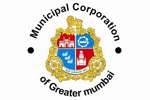
_iCEz.jpeg)
 +91-7798800781
+91-7798800781
